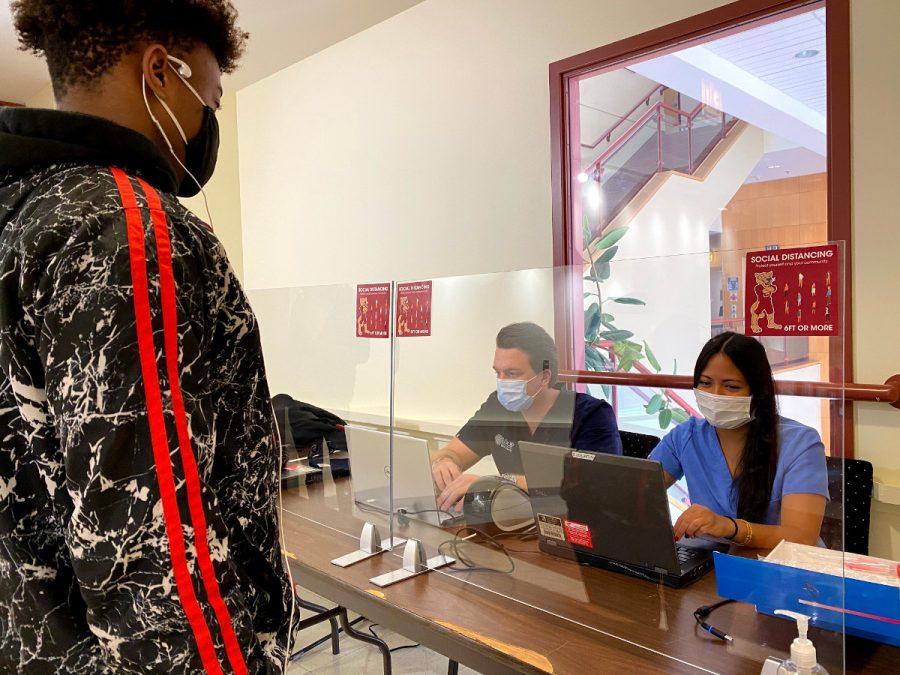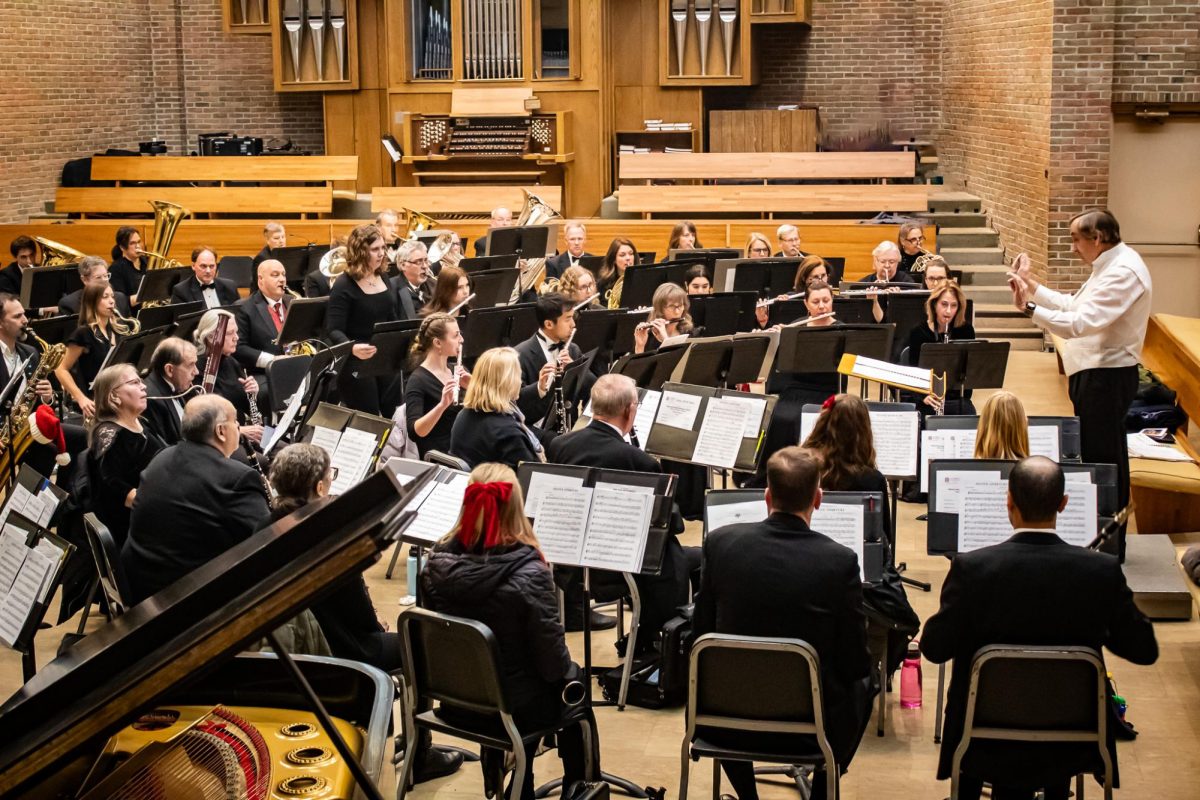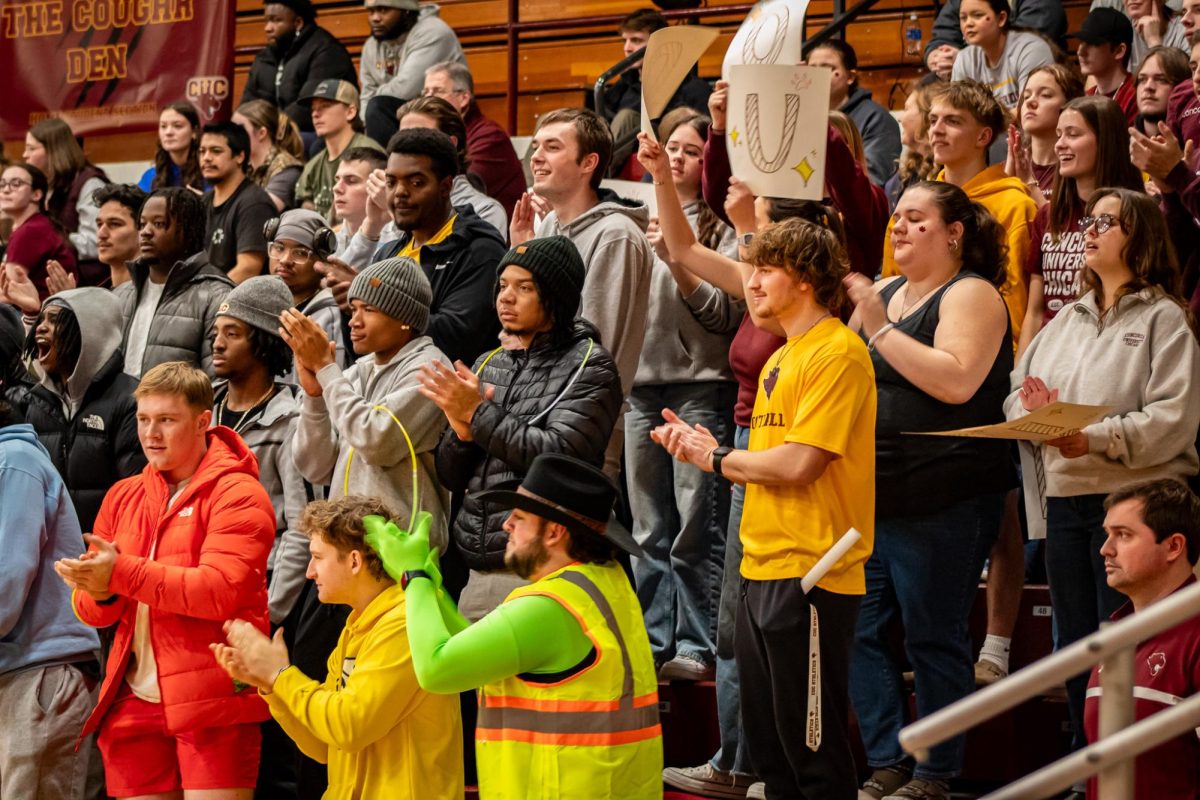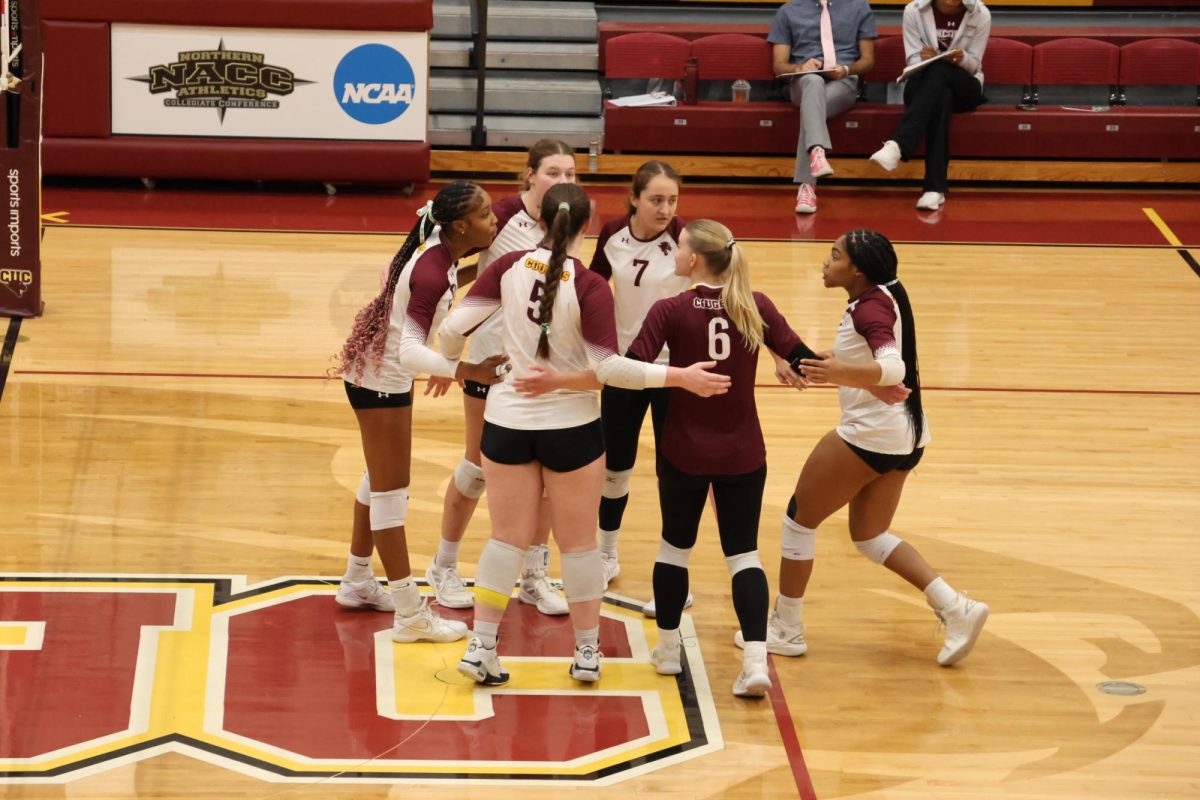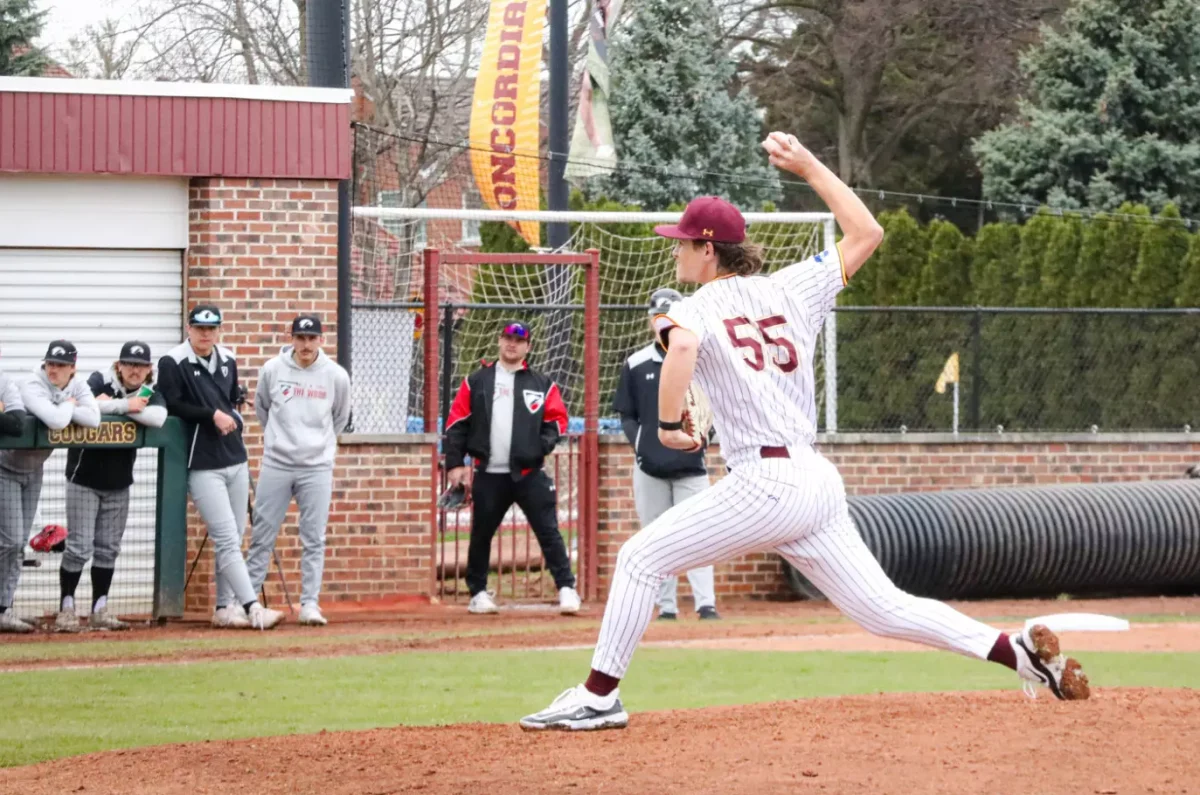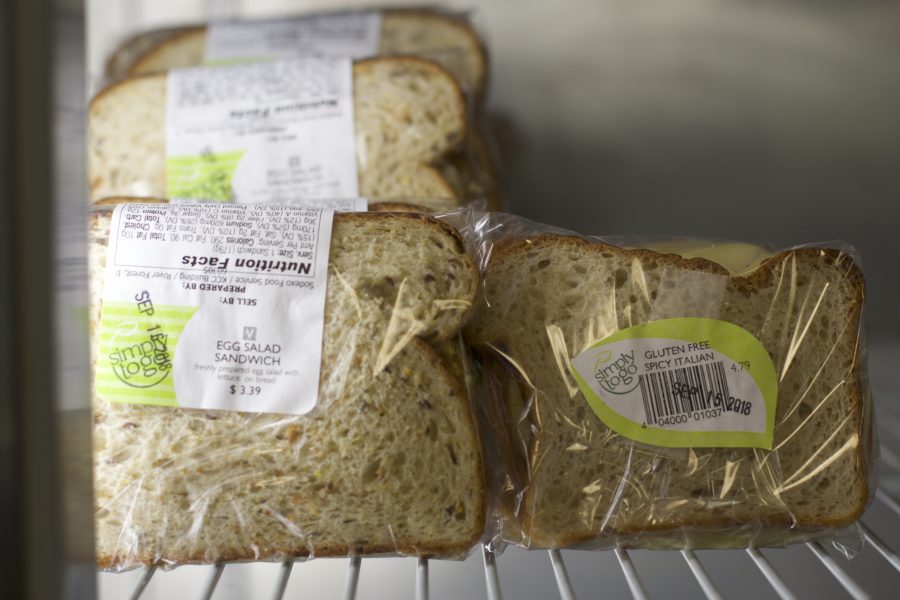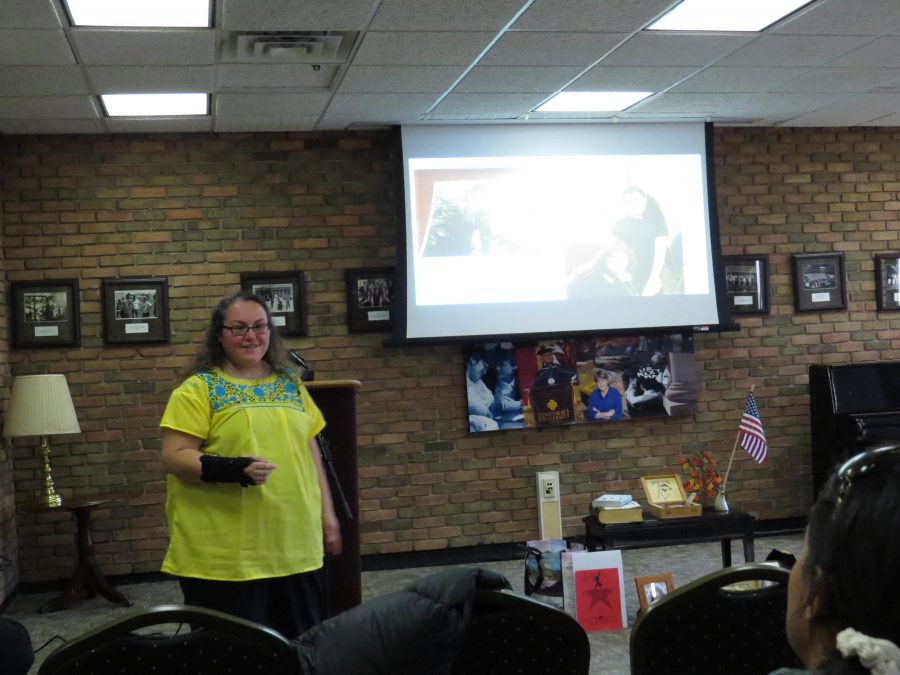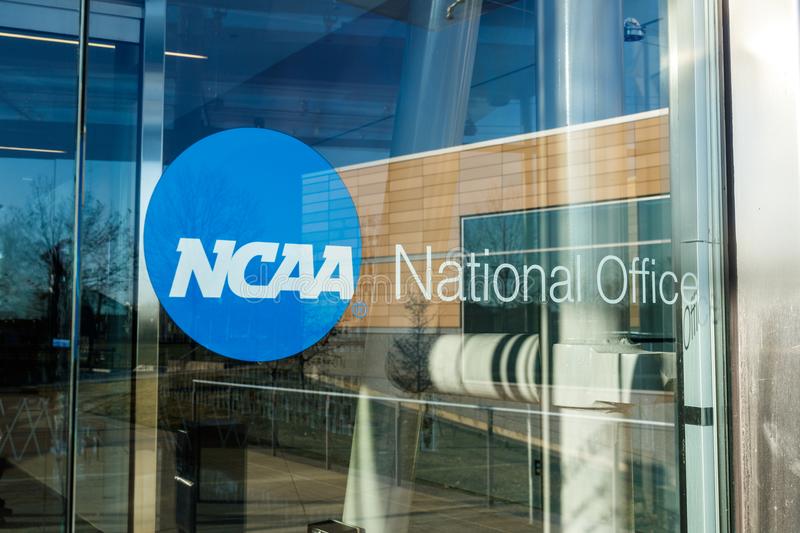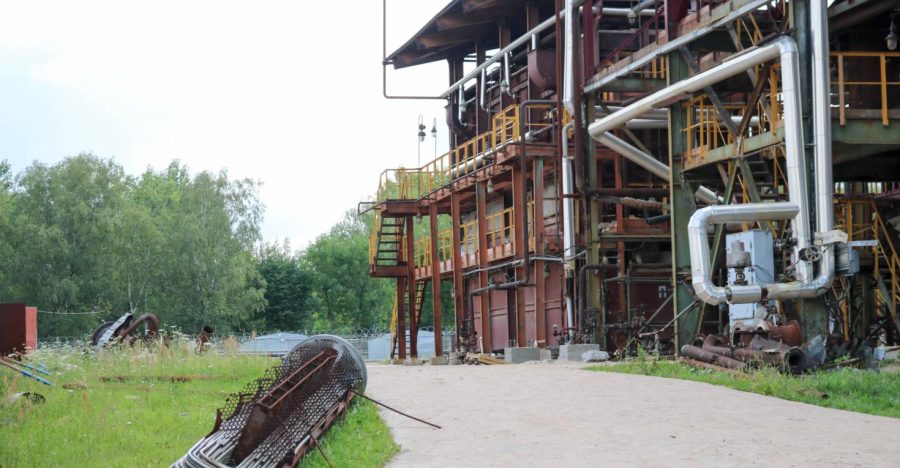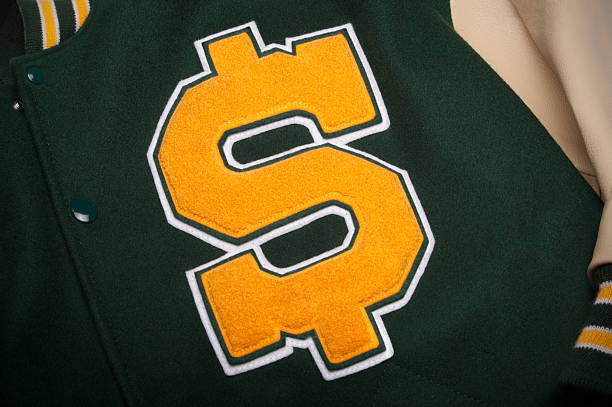by Maci Killman
Illinois Democratic Governor J.B. Pritzker was able to get one of his first bills passed overwhelmingly earlier this year. The plan is to increase the Illinois minimum wage to $15 an hour but not until the year 2025. The current Illinois minimum wage is at $8.25 an hour, where it has not been touched since 2010.
Over the course of six-years, the minimum wage will steadily increase to $15 an hour to allow businesses to adjust to the change. The first change in the minimum wage will be to increase to $9.25 in January of 2020. After that, a .75-cent increase will take effect in the same year during July. That will be a $1.75 increase in a short time period, and a fast adjustment for business owners. Once the wage reaches $10, it will add one dollar to the wage each year until 2025, where it will eventually be $15 an hour minimum wage.
Even though Illinois is increasing the wage across the state, the city of Chicago has a separate minimum wage currently at $12 an hour. In July of 2019, Chicago will have to increase it to $13 an hour. This has been part of an ordinance that was passed in 2014 by the Chicago City Council. Once the wage reaches $13 in 2019, the following years it increases depending on the Consumer Price Index (CPI). The CPI is data gathered by the U.S. Bureau of Labor Statistics. The CPI shows the increase or decrease in consumers buying goods and/or services.
Increased Wage, Increases Other Concerns
Meanwhile, restaurant workers voiced concerns about wage theft through their tip credit. Tip credit is when the remainder of a restaurant workers wage is made up with tips received from customers.
The bill passed for increasing the Illinois minimum wage showed different perspectives for the restaurant industry from various people and organizations. The Illinois Restaurant Association were not keen on increasing the wage but managed to agree to increase the wage to $4.95 an hour, which pleased most lawmakers for the time being.
The Illinois Restaurant Association believes tip credit covers the wage necessary and elicits good customer service. Earning tips such as $5 based on customer service is supposed to balance out and add up with the $4.95 wage and create what would hopes to be a minimum wage similar to a regular hourly worker.
“Those who took part in the Illinois minimum wage increase negotiations said keeping the tip credit was part of a compromise to get the Illinois Restaurant Association on board with an increase,” said Daisy Contreras, on March 21st, telecast on NPR Illinois.
The city of Chicago, the minimum wage for tipped workers is $6.25 an hour plus tips, effective since July 01, 2018. Cook County’s overall tipped wage is $5.10 an hour plus tips, effective the same date.
Restaurant Owners Weigh In
The Irish pub, D’Arcy’s Pint, has appeared on many popular forms of media, from the Food Network to an episode from Travel Channel’s television series, Man v Food in 2009. There is no doubt that D’Arcy’s Pint is a well known restaurant in Springfield, Illinois. Unfortunately, owner Hallie Pierceall faces the effects of the recently passed minimum wage bill from earlier this year.
“We don’t really pay anyone minimum wage,” said Pierceall.
“Everyone here makes over minimum to get started. So I’m already looking at an issue that these people will want more than what the minimum is. Having it go up. There is a lot of concern with that. When it ultimately gets to $10-15 an hour, it’s going to be harder for me to hire part-time people or young kids, and justify paying them $15 an hour.”
Chef and owner, Paul Sletten, of the restaurant Abreo, in Rockford, Illinois also feels the challenge of the increase in the minimum wage. Being in the food industry for almost 20 years, Sletten understands what it takes to employ a traditional restaurant staff.
“The $15 an hour people are going to have to get raised to $18 [an hour]; $17 dollar people are going to $20 [an hour]. So the scale will go up, and we just hope that people are willing to pay that same progression in the food costs, because the food is going to go the same path,” added owner of the restaurant Abreo, Paul Sletten.
Meeting the government’s new rules and running a business can be a bit of a juggle. The effects of the minimum wage bill not only affect those working at these business like D’Arcy’s Pint but the customers that pay for the food and service. As the minimum wage increases so will menu prices to help costs in other sectors of the business. “That money has to come from somewhere,” added Pierceall.
Sletten said it’s more than what’s just on the menu.
“People still have this perception of how much food can cost and they don’t realize it’s not about the food, it’s about how much it costs to pay people, run electricity, and other things.”
Both restaurant owners anticipate costs other than labor to increase. Pierceall mentioned having to cut costs in advertising. Sletten talked about “. . .just jumping ahead,”and increasing their wage and beating the curve to reduce the time and “growing pains.”
As restaurants endure the rising costs and prices within their restaurants, D’Arcy’s Pint talked about how servers are concerned of tip amounts decreasing. The servers are getting paid more but not enough that tips come up short, described Pierceall.
The new minimum wage bill passed by lawmakers has created new obstacles not only for restaurant owners such as Pierceall and Sletten, but the servers, staff, and possibly customers. With little to no word in this bill, the owners said they will have to make adjustments in their restaurants to continue to operate and serve others.
“It’s not that it doesn’t need to happen, it’s just unfortunate that it didn’t start a long time ago, so that it could be a more scalable transition,” said Sletten.








